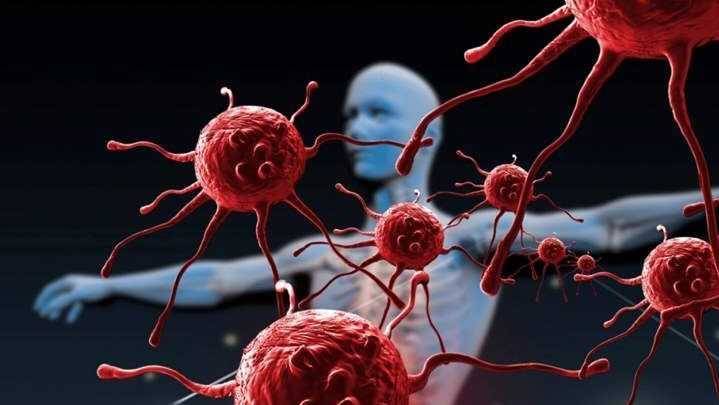After their success in producing the first effective vaccine against COVID-19, the laboratory "BioNTech" announced the success of its initial experiments on a cancer vaccine developed by Turkish scientists Ugur Sahin and Ozlem Tureci. Following progress in clinical trials that took some time, the first results were announced at the annual conference of the American Society of Clinical Oncology. Sahin and Tureci, founders of BioNTech based in Germany, utilized messenger RNA (mRNA) technology, which they have been testing for decades in developing their new vaccine, a method that helped them create the COVID-19 vaccine faster than any other company in the world. The statement announcing their successful initial clinical trials said, "We want to open new horizons in the treatment of hard-to-heal tumors." Tureci remarked, "The vaccine developed for pancreatic cancer is also promising for other types of cancer."
Half of the patients recovered in vaccine studies conducted on 16 patients with pancreatic cancer, with 9 doses of the vaccine given to patients at regular intervals after surgery. At the end of the trial, the mRNA-based vaccine showed positive results, with half of the patients overcoming cancer. The statement noted that the vaccine activates the immune system against cancer cells, and in this way, it was said to have succeeded in stopping cancer. It was mentioned that six out of eight patients (half of those participating in the trial) did not respond well to the vaccine and experienced cancer recurrence after one year. Tureci emphasized their determination to face this challenge in light of their long research in cancer vaccines, stating, "We seek to open new perspectives in the treatment of hard-to-retrieve tumors." The success of the Turkish scientists was acknowledged in the scientific community, with Vinod Balachandran, the principal investigator at the Memorial Sloan Kettering Cancer Center in New York, stating, "We are very excited about the early results."
New Horizons
From the very beginning, Sahin and Tureci's goal in studying mRNA technology revolved around developing a vaccine against cancer, but the emergence of the coronavirus shifted their focus towards creating a vaccine for COVID-19. Commenting on their pioneering efforts in studying this technology, oncologist professor at Mainz University and CEO and founder of BioNTech, Ugur Sahin, stated, "In the 1990s, there were only a handful of researchers in the field of mRNA at that time." Nils Halama, head of the adaptive immunotherapy department at the German Cancer Research Center in Heidelberg, pointed out that the cancer disease itself entails changes that may occur in the diagnosed tumors in patients, noting that many aspects of cancer remain mysterious. She added, "We need more studies that clarify how we can properly use future therapies." BioNTech also announced its collaboration with a company specializing in immunotherapy in Cambridge, potentially leading to the market's first mRNA-based cancer treatments in the coming years. It is noted that cancer claimed the lives of 10 million people worldwide in 2020, according to the World Health Organization.
Effective Drug for Cancer Treatment
For the first time, a promising treatment trial conducted on a small sample of cancer patients showed that all participants in this test were completely cured of their tumors, during a cancer treatment trial in the United States. The trial included only 12 patients, all of whom had tumors with genetic mutations called "mismatch repair deficiency" (MMRd), which are seen in a subset of about 5-10% of rectal cancer patients. These early results indicated remarkable effectiveness, as the research team stated it might be the first trial in which all cancer patients were cured. This drug is called "dostarlimab," marketed under the trade name "Jemperli," and is typically used in the treatment of endometrial cancer but was tested clinically for its effectiveness against rectal cancer tumors. Medical oncologist Louis Diaz Jr. from the Memorial Sloan Kettering Cancer Center stated, "I believe this is the first time this has happened in cancer history." The research team suggested it may be the first trial where all cancer patients were cured.




